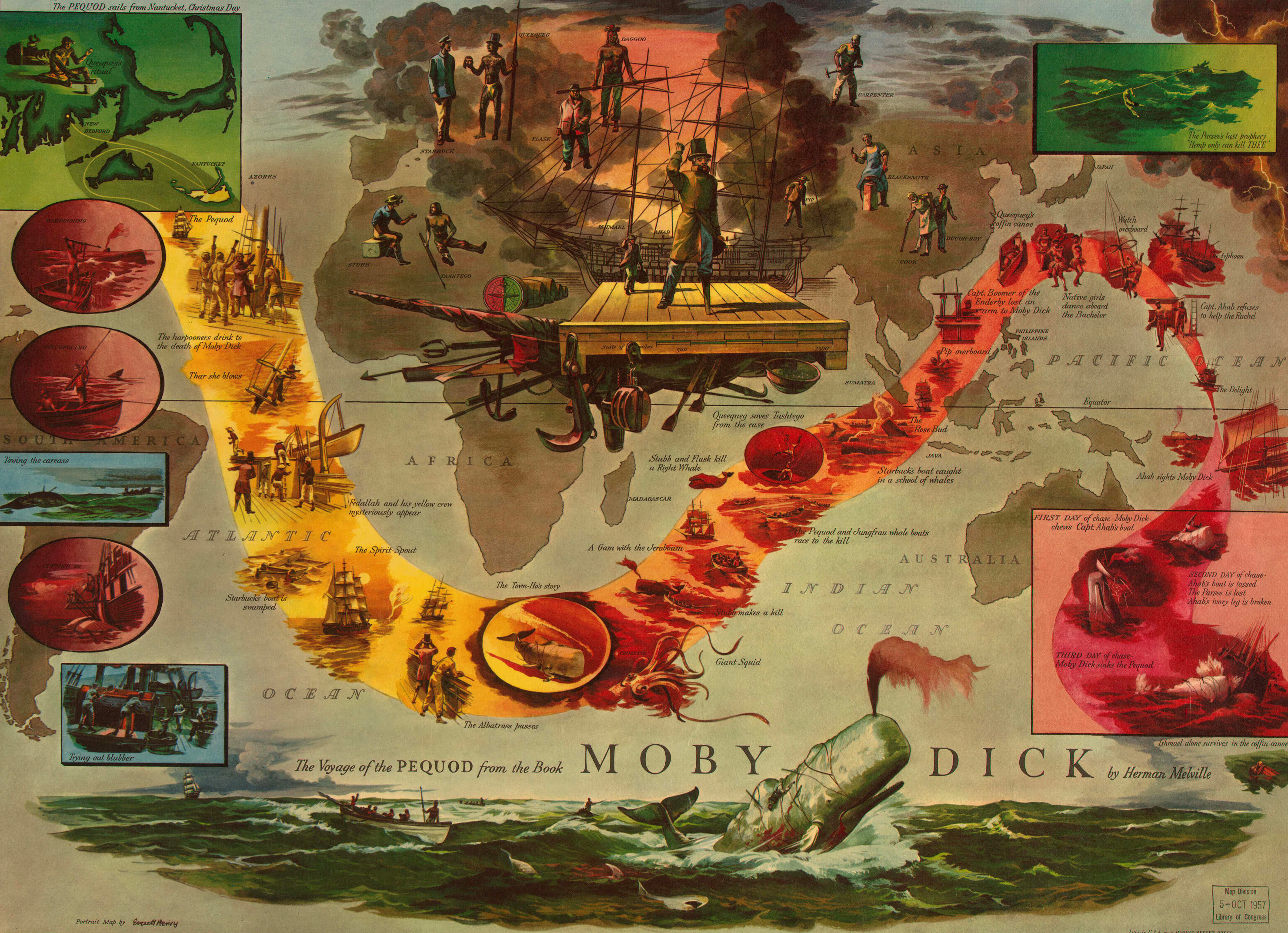Coming into this class I thought I had a pretty decent understanding of what the internet was. Turns out, it’s more than just a source where people watch youtube videos, look at pictures, blog, and research. It’s an entire culture (digital culture) that’s made up of subcultures where people with specific interests can connect, consume, and create content.
In Lizy’s research and projects on fandoms, I’ve seen how people really dedicated to a show like Agents of S.H.I.E.L.D. or Doctor Who will collaborate with various forms of media (Tumblr, Pinterest, even Google Doodles) to share their passion in memes and other remixed content. I think more specifically I’ve seen the subcultures of digital culture with Greg, Heidi, and Paul’s extensive research and analysis of video games. They have a lot more information on how people inside and outside the video game community are grappling with issues such as gender politics and identity both online and offline. Ultimately, entire communities exist in the digital world. Whether it’s with Pinterest, online games, fandoms, Youtube, these are not just people using the internet to share their content. It’s people using the internet as a member of online mini-civilizations.
When I read Understanding Media: The Extensions of Man, I found that I rather agree with Marshall
McLuhan on the idea that the medium is a part of us; it is an extension of who
we are as creators and consumers of content. No matter what position on the
long tail of interests we pursue, there’s always going to be someone else out
there who is using the internet to research and invest their time and energies
into something we like too. I honestly really doubted the idea of socialproofing. I didn’t think anyone would be interested in my ideas of authors
entering the digital age. Or at least I didn’t think I would hear anything from
people who were apart of this subculture. But after investing my time in
getting social proof (with Google+ updates, sending tweets or emails,
commenting on other blogs, etc) I realized that it actually can work. You just
have to ask the right people. Talking with our homies or peers is easy, and
finding scholars or activists in the communities you’re interested in becomes
easier when you start really reaching for student research and crowdsource information to get your ideas out there. Digital culture, in its subcultures
individually and combined, are an extension of ourselves and our ideas with the
collaboration of others in the same interests.
In all of this new understanding of subcultures in digital culture, and how we use these subcultures to explore our interests and creativity, there is still a lot that I have to learn and more importantly utilize. I now have a blog account, a google+ account, a twitter account, an lds.org account, and I've never been that active online before because I've never had the desire to be out there that much on the internet. Now I know that it isn't such a bad thing to be active online. It's like being in a second world where I can be out at sea and explore on my own ship, then I can talk with other crew members in my subculture, other ships in other subcultures, and ultimately have my own life online too.
 |
| Wikipedia Creative Commons Image (a clearly very accurate depiction of subcultures on the internet in my journey through digital culture) |
No comments:
Post a Comment